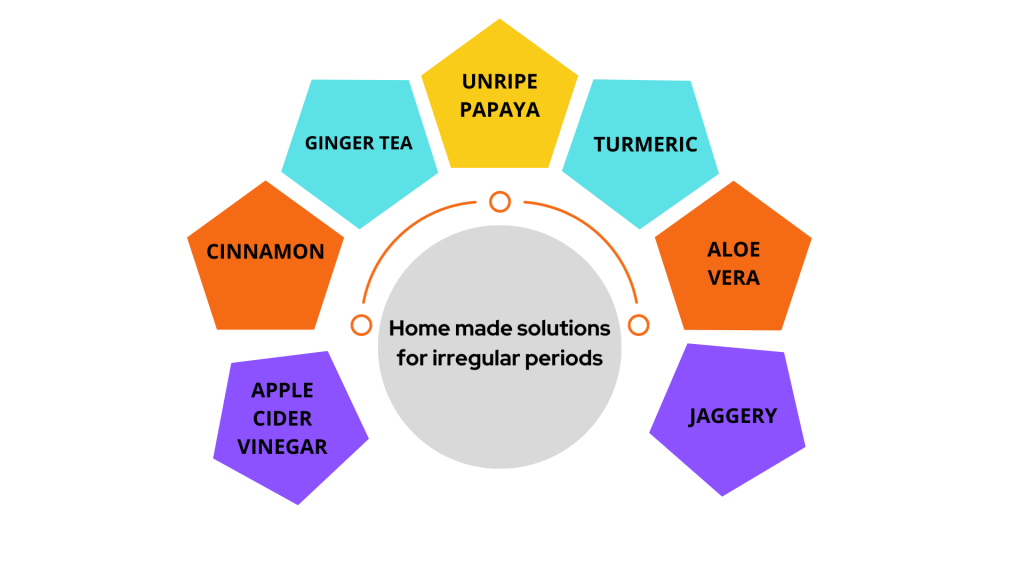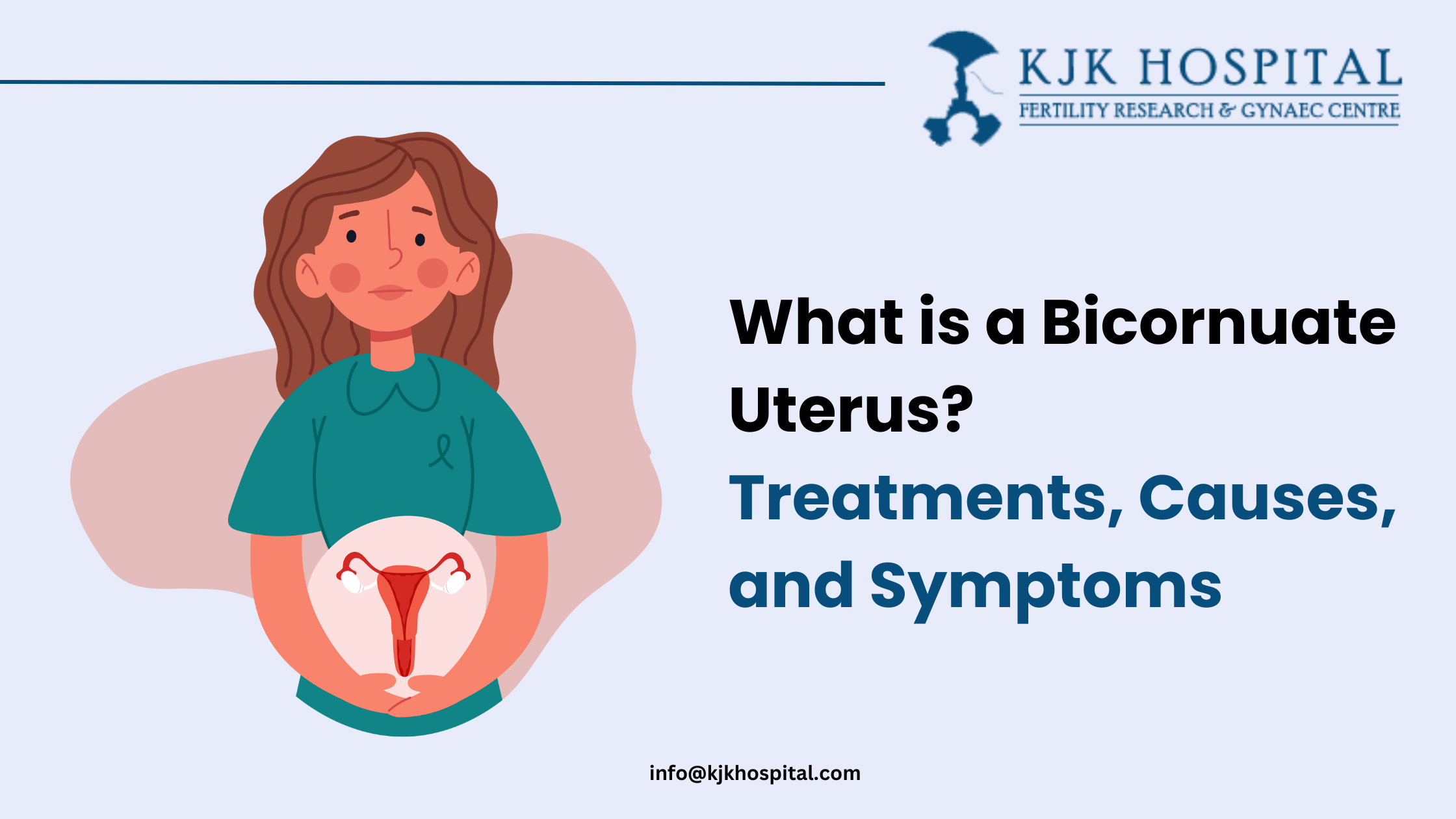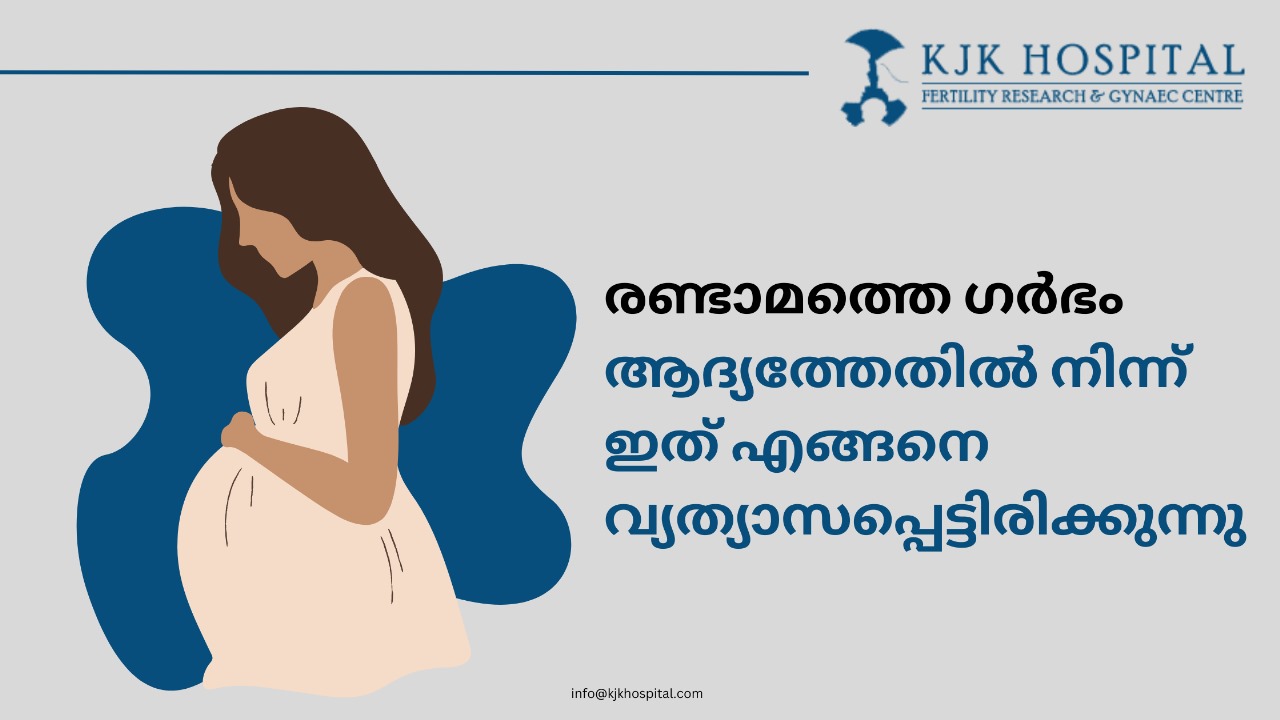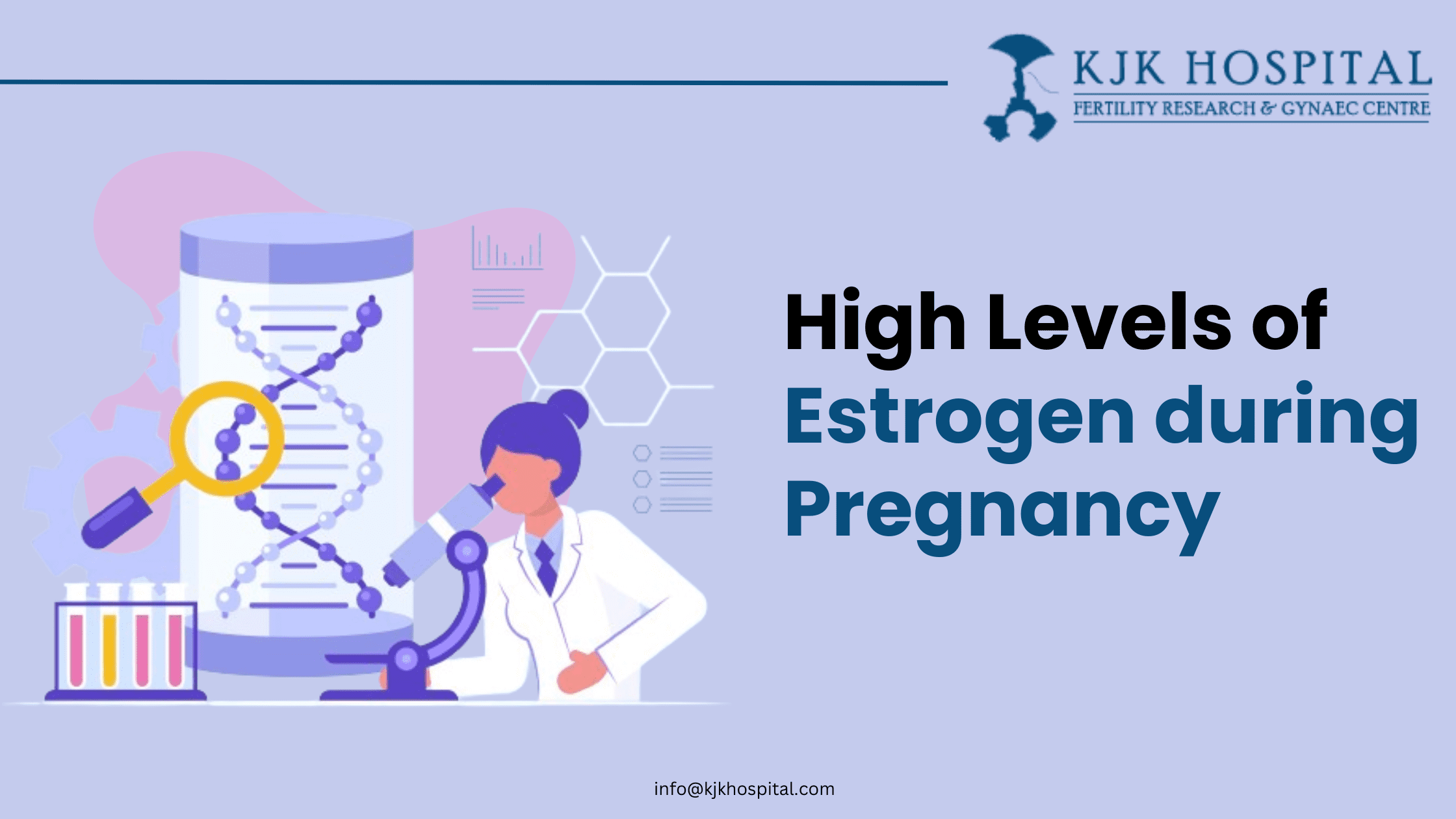If you have irregular periods and are trying to get pregnant, make sure to keep an eye out for any signs of pregnancy. These are some signs you should watch for:
Breast Tenderness
When you’re in the early stages of pregnancy, your body goes through hormonal changes, like higher estrogen levels. This can make your breasts more sensitive, making them feel tender, sore, or swollen. You may also experience a fuller and heavier feeling in your breasts.
Spotting
Light bleeding, also known as spotting, may happen when a fertilized egg attaches to your uterine lining. It’s called implantation bleeding and usually happens when your period is supposed to come. It’s usually not as heavy as a normal period and might show up as small, pink, or brownish spots.
Cramps
Early pregnancy cramps can feel like period cramps, but they’re usually not as intense. The changes in your uterus getting ready for pregnancy can cause these cramps.
Food Cravings and Aversions
Changes in food preferences can occur due to pregnancy hormones affecting taste and smell. You might start craving certain foods out of the blue, while others you used to like might not seem appealing anymore.
Nausea and Vomiting
Morning sickness is totally normal during pregnancy, but it can happen anytime of the day. It’s usually accompanied by nausea, and some pregnant women might vomit. It is believed to be associated with changes in hormones and an increased sensitivity to smells.
Vaginal Discharge
It’s common for vaginal discharge to increase during pregnancy. Leukorrhea, which is a discharge, is typically clear or milky white and doesn’t have an unpleasant smell. It provides protection against infection in the birth canal.
Mood Changes
Your mood can be affected by hormonal fluctuations during pregnancy. You might feel moody, emotional, or more irritable. It’s normal to go through emotional changes during pregnancy.
Extreme Tiredness
Feeling exhausted is a typical symptom of being pregnant. Your body is working hard to support the growing pregnancy, and this can lead to feeling exceptionally tired, even if you are getting enough rest.
Increased Urination
Due to hormonal changes and the expanding uterus, your bladder may experience pressure, leading to more frequent urination. This symptom typically starts in the early stages of pregnancy and continues throughout.
Bloating
Abdominal bloating or feeling full may be experienced by certain pregnant women. Digestion can be affected by hormonal changes and muscle relaxation in the digestive tract.
Constipation
Some women may experience constipation due to the slowing down of the digestive process caused by pregnancy hormones. This could result in a decrease in the frequency and difficulty of bowel movements. Consuming fiber-rich foods and staying hydrated with plenty of water can help alleviate this symptom.









